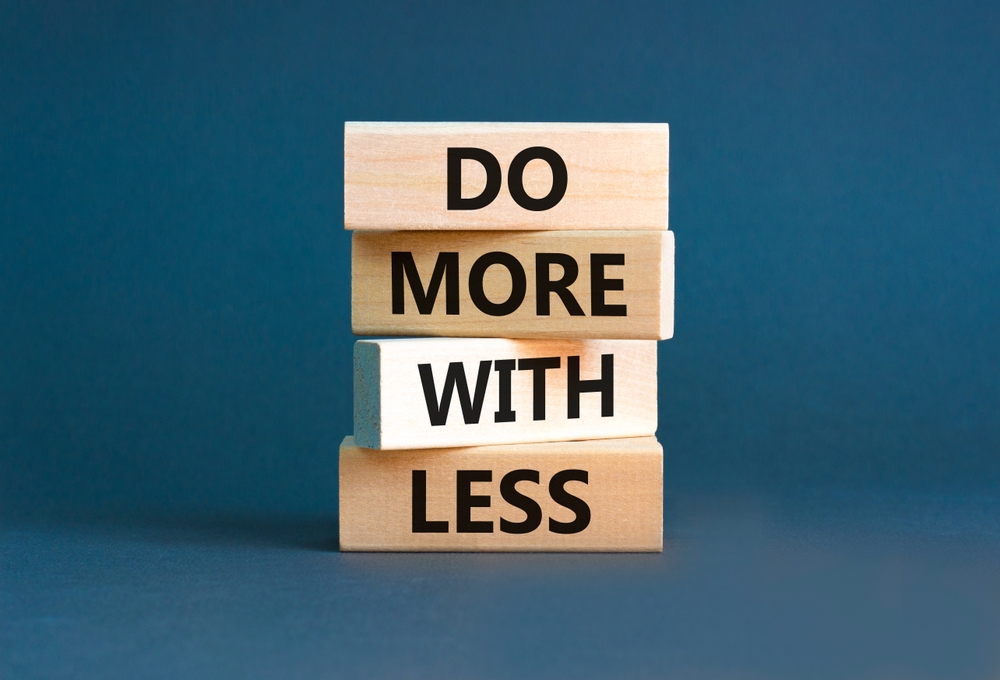By midlife, many of us have faced significant stressors, adversity, or change in our life. Whether it’s been the adjustment to empty nesting when the kids left for college, a marriage ending in divorce, personal illness, illness or death of a loved one, job loss or change, moving or downsizing, financial constraint, or just the general experience of the “mid-life crisis,” most of us aren’t strangers to events and experiences that have tested our mettle and challenged our resiliency. Science shows that resiliency can be taught and modeled to children, but as adults, how can we strengthen our resiliency to face the sometimes-unpredictable winds of change that come increasingly as we age?
Research indicates that we can, as with exercise to improve fitness, build our capacity to cope and be resilient. Additionally, according to a New York Times article on resiliency, some qualities of middle age are advantageous to building resiliency: “a better ability to regulate emotions, perspective gained from life experiences and concern for future generations — may give older people an advantage over the young when it comes to developing resilience.” Put another way, there are specific, learnable behaviors that enable greater resilience, and they’re behaviors that we naturally lean toward as we age. They are:
- Practicing Optimism—being optimistic doesn’t mean you deny the hardship or challenges of a given situation, but that you make a concerted effort to discover its positive, redeeming qualities. The defeatist says, “I’ll never bounce back from this” while the optimist reflects, “This is hard, but I am going to learn about myself in this experience and find a new, good path forward.” This leads to the next which is,
- Rewriting Your Story—reconsidering how you see yourself and the world around you can have huge implications for how you manage stress and come out on the other side of it. For instance, one Harvard study found that participants who viewed stress as a necessary tool for better performance “did better on tests and managed their stress better physiologically than those taught to ignore stress.” As one researcher put it, “It’s about learning to recognize the explanatory story you tend to use in your life. […] Observe what you are saying to yourself and question it. It’s not easy. It takes practice.”
- Not Taking It Personally—if you’re prone to blaming yourself entirely for the adversities you’ve faced in life, this is a particularly helpful tactic. Consider that there are complex, interrelated factors involved in our life’s challenges, and acknowledge that they don’t all fall on your shoulders. Personal responsibility is one thing, but radical self-blame leads to dismal ruminations and cycles of negativity. One psychologist aptly explains this: “Telling yourself that a situation is not personal, pervasive or permanent can be extremely useful. […] There is almost no failure that is totally personal.”
- Remembering Comebacks—reflecting on times in the past where you’ve rebounded, recovered and grown can help inspire you to face your current and anticipated challenges with resilience. Remind yourself of past victories and be inspired that you can do it again.
- upporting Others—while studies show that your resilience increases when you have a strong support network, they also show you may deepen your resilience even more through offering support to others. Empathizing with and supporting others leads us to tap into our own wells of positivity, strength and resilience. It’s exercising and building those resilience muscles.
- Taking Stress Breaks—“Stress is the stimulus for growth, and recovery is when the growth occurs,” says one researcher. “That’s how we build the resilience muscle.” When we consider stress to be a given and necessary part of life, we can focus not on avoiding stress altogether, but on mindfully engaging ourselves when we’re experiencing a break from stress or adversity. Things like yoga, meditation, time outdoors, engaging hobbies or socialization are all methods of active recovery that help us stay resilient.
- Getting Out of Your Comfort Zone—resiliency doesn’t just need to be in response to outside forces of stress or hardship; it can be sought if we pursue opportunities to be pushed beyond our preconceived limits and introduce ourselves to new and possibly upending experiences and ideas.
Sometimes the realities of aging, change, and the vulnerability of life can feel daunting and unmanageable. We can reframe these stressors and potential adversities as vital steps in our lives to greater joy, self-knowledge and peace, and in doing so build our capacity to be resilient.
If you have a story of resilience and feel inclined to share, please comment below!












0 Comments